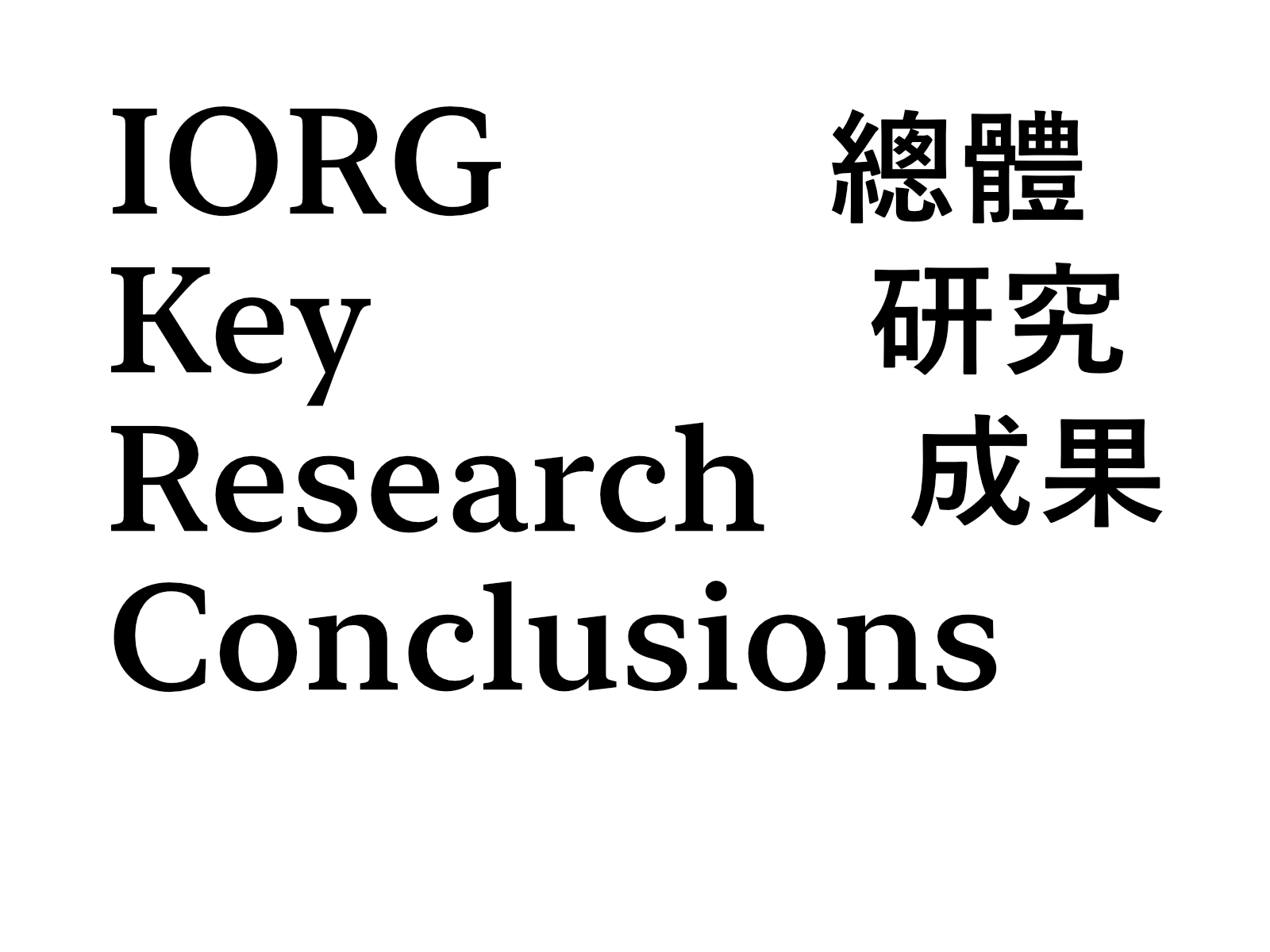8 months, 68 workshops, 1,763 people, 1,589 questionnaires
Between July 2020 to February 2021, IORG held a total of 68 information literacy workshops across Taiwan including 3 main offshore archipelagos Penghu, Kinmen, and Matsu. Together with local partners, we practiced fact-checking with middle and high school students, accompanied teachers to prepare information literacy lesson plans; we sat beside the elderly and young parents to learn about “fake news”, and performed with local bands at a livehouse while discussing information manipulation at the same time.
Figure 1 = Number of IORG information literacy workshops hosted in each city and counties of Taiwan. July 2020 through February 2021. Source: IORG. Map of Taiwan: CC BY-SA International 4.0, chihaoyo, taiwan-congressional-map.
I thought of myself as a person that cannot be easily fooled. Unexpectedly, I still fall into the traps of information manipulation.
– workshop participant
These workshops made me realize that information manipulation is more dangerous than fake news. False information exists not only in the news. Images and videos on the internet can more easily change our minds.
– workshop participant
With these 68 workshops, IORG has reached 1,763 Taiwanese people of different ages, backgrounds, and professions, sharing our research and various methods to identify and counter information manipulation.
From these 68 workshops, we have received 1,589 questionnaires and arrived at 3 findings:
- Most participants acknowledge the existence and negative societal impact of false information.
- After receiving a piece of news, 70% of participants would verify while a minority of them would report said news to government agencies or fact-checking organizations.
- Post-workshop, 1.4x participants increased understanding of information manipulation countermeasures, 2x participants are willing to take action proactively.
Aside from quantitative analysis, IORG has gained important direct contact with the participants through these 68 workshops, and received a diverse range of questions and opinions when facing information manipulation in their daily lives.
The goal of IORG has always been to strengthen information literacy of the Taiwanese public. To do that, IORG has identified 3 important infrastructural tasks:
- Scientific research: conduct and sustain long-term research with publicly verifiable data science methods
- Civic education: develop and implement information literacy education in schools and local communities
- Multidisciplinary collaboration: build and strengthen collaborative network across disciplines and organizations, based on open data and science, towards a whole-society approach
“Defending democracy” is about reactive measures against threat actors, and about proactive actions to make our democracy healthier. The implementation of these 3 infrastructural tasks would strengthen Taiwan’s people and its democracy.
To counter information manipulation, the strength to defend our democracy comes from a strong network of communities, and the strength of a community comes from a strong, independent citizen.

